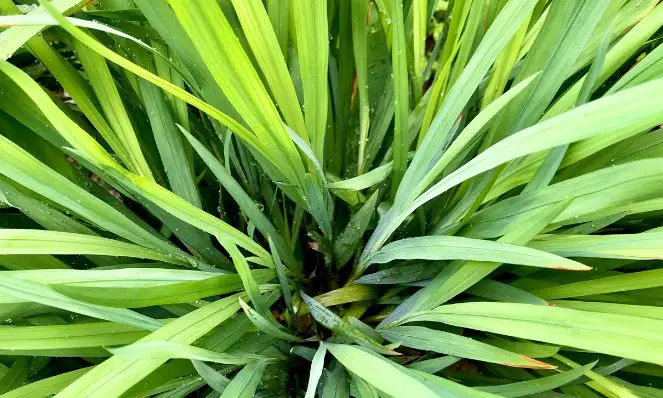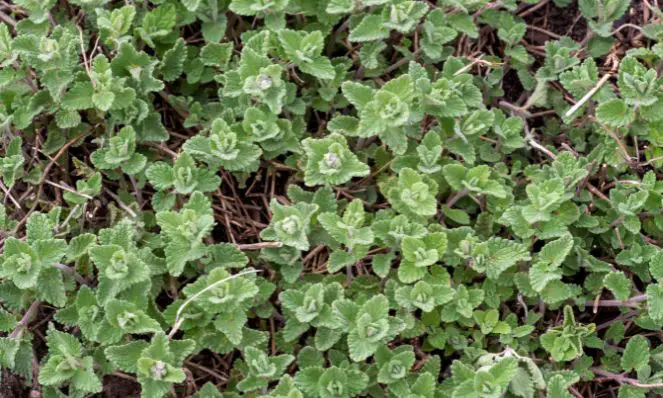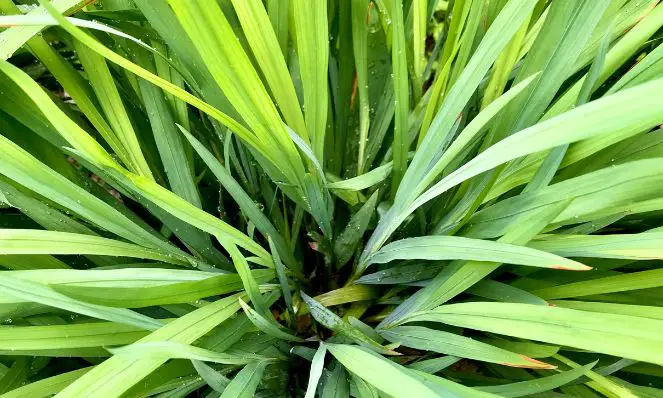Welcome to the ultimate battle for protecting our homes, where silent defenders rise to the occasion against termite invasions—the incredible power of plants!
This post introduces six green guardians who can repel termites and safeguard your cherished home.
Let’s explore the beauty of nature and discover how these botanical superheroes can fortify your property while bidding farewell to harmful chemicals.
Damage Termites Cause
Termites… we’ve all heard of them, but do we fully understand the scope of damage they are capable of?
These wood-nibbling insects can cause significant structural damage to homes if left unchecked.
From weakened foundations to crumbling walls, termite infestations can lead to costly repairs, making prevention crucial.
Importance of Natural & Eco-Friendly Termite Solutions
Fortunately, nature provides us with a wide range of natural termite-repelling options that are both effective and environmentally friendly.
Pests that invade our homes can pose risks not just to our property but also to the environment.
Choosing eco-friendly solutions ensures that we protect our homes while minimizing harm to nature.
By incorporating plants that repel termites into our surroundings, we can create a sustainable approach to termite prevention.
Benefits of Plants as Natural Termite Repellents
- Transition: Natural termite control via plants is an advantageous solution. Now, let’s delve into the incredible benefits these plants offer:
- Non-toxic: Many chemical treatments contain harsh ingredients that can harm humans and pets. We avoid exposing our loved ones to potentially dangerous substances by utilizing plants.
- Cost-effective: Incorporating plants into our surroundings is a one-time investment that adds beauty to our gardens and provides a long-term solution against termite infestations.
- Sustainable: Plants are a renewable resource that supports biodiversity and ecosystem health. Choosing plants that repel termites promotes the overall well-being of our environment.
Powerful Plants to Repel Termites
Now that we’ve grasped the significance of natural solutions, it’s time to delve into the world of six remarkable plants that prove highly effective in repelling termites.
Rosemary (Rosmarinus officinalis)

Rosemary, known for its fragrant and flavorful nature, is also a powerful termite deterrent.
Its unique scent is unappealing to termites, discouraging them from venturing near your property.
Placing rosemary plants around the perimeter of your home, especially near windows and doors, can effectively repel these unwanted pests.
Mint (Mentha spp.)

The Mint serves as another excellent natural termite repellent with its refreshing aroma.
Termites are repelled by the strong scent of mint, making them an ideal addition to gardens, particularly near wooden structures or areas prone to termite activity.
Planting mint in pots or creating a mint border can create a termite-resistant barrier.
Lavender (Lavandula spp.)

Lavender is often celebrated for its calming properties and carries an added bonus as a termite repellent.
Lavender emits a strong fragrance that termites find displeasing, making it an attractive choice for naturally deterring these pests.
Cultivating lavender plants in sunny areas near entrances and around your home’s foundation is a natural barrier against termite invasions.
Marigold (Tagetes spp.)

Marigolds are a vibrant addition to any garden and a powerful ally in preventing termite infestations.
The strong scent produced by marigolds is highly effective in keeping termites at bay.
Planting marigolds as a border or companion plant in your garden can provide an added layer of protection against these destructive insects.
Catnip (Nepeta cataria)

While cat owners may recognize catnip for its feline-attracting qualities, this plant also possesses strong natural termite-repellent properties.
Catnip produces a chemical called nepetalactone, which pests like termites find extremely unappealing.
By planting catnip strategically around your property, particularly close to areas vulnerable to termite attacks, you can help repel these pests and keep them from damaging your home.
Lemongrass (Cymbopogon spp.):

Lemongrass, celebrated for its zesty flavor and aromatic qualities, is an excellent choice for naturally repelling termites.
The citrusy scent of lemongrass is a strong deterrent for these wood-loving insects.
Planting lemongrass in pots or as a border around your home can significantly decrease the chances of a termite infestation.
Planting Strategies for Termite-Repelling Plants
Strategic Placement: Strategically plant termite-repelling species near vulnerable areas of your home, such as the foundation, wooden structures, and entry points. This creates a protective perimeter that helps keep termites away from your property.
Diverse Planting: Combine different termite-repelling plants to create a diverse and effective barrier. Termites may develop resistance to certain scents over time, so having multiple plant varieties can maintain their repellent potency.
Regular Pruning: Prune your termite-repelling plants regularly to encourage healthy growth and maximize their pest-repelling properties. Overgrown and unhealthy plants may not be as effective in deterring termites.
Companion Planting: Incorporate termite-repelling plants into your existing garden by using companion planting techniques. Pairing termite-repelling species with other garden plants can improve overall plant health and provide a beautiful, harmonious environment.
Additional Natural Termite Prevention Measures
While plants offer effective natural termite control, incorporating additional preventive measures can further secure your home against termite damage.
- Regular Inspections: Maintaining a regular termite inspection schedule is vital. Professional inspections can help identify early signs of termite activity, allowing for prompt treatment and protection against potential damage.
- Minimizing Moisture: Termites thrive in moist environments, so addressing any moisture-related issues in and around your home is crucial. Fixing leaks, improving drainage systems, and ensuring proper ventilation can help minimize the risk of a termite infestation.
Wrapping it Up
Natural termite control through plants provides an eco-friendly solution and offers long-term benefits to our homes and the environment.
From the fresh scent of rosemary and mint to the calming presence of lavender, each plant plays a crucial role in repelling termites.
By strategically planting them and adopting additional preventive measures, we can protect our homes, save on costly repairs, and contribute to a sustainable future!

